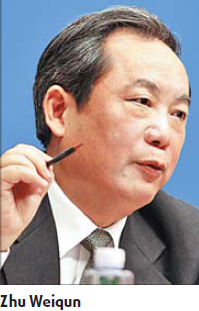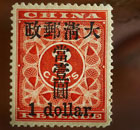Government and Policy
Destiny of Tibet 'in hands of people'
By Xie Yu (China Daily)
Updated: 2010-02-03 06:41
 |
Large Medium Small |

Tibet will stick to its own path with or without the Dalai Lama, a central government official said yesterday, noting that the Chinese, including Tibetans, will decide the future of the region.
The official also warned that a possible meeting between US President Barack Obama and the Dalai Lama would further strain Sino-US relations.
He stressed that the central government wants to "give the Dalai Lama a chance to correct his mistakes" by keeping the door open for talks with his envoys.
"The Chinese people, including Tibetans, will decide the future of Tibet," Zhu Weiqun, executive vice-minister of the United Front Work Department of the Communist Party of China (CPC) Central Committee, said at a press conference in Beijing.
He was responding to questions on what would become of the Tibet autonomous region after the Dalai Lama's death.
Asked if the central government would find a solution to the Tibet issue more difficult after the Dalai Lama's death, Zhu replied: "It is not polite in China to talk about the possibility of a 75-year-old man passing away. We hope he lives a long life."
The central government hopes the Dalai Lama settles his affairs while still alive, and does not pass away abroad, he said.
The two sides had "sharply divided" views in the latest round of talks "as usual", Zhu said.
But he said the talks - at the request of the Dalai side - "had some upside" as they allowed both sides know the exact differences and how wide the differences were.
The central government wanted to "give the Dalai Lama a chance to correct his mistakes" by holding talks with his envoys, Zhu said.












